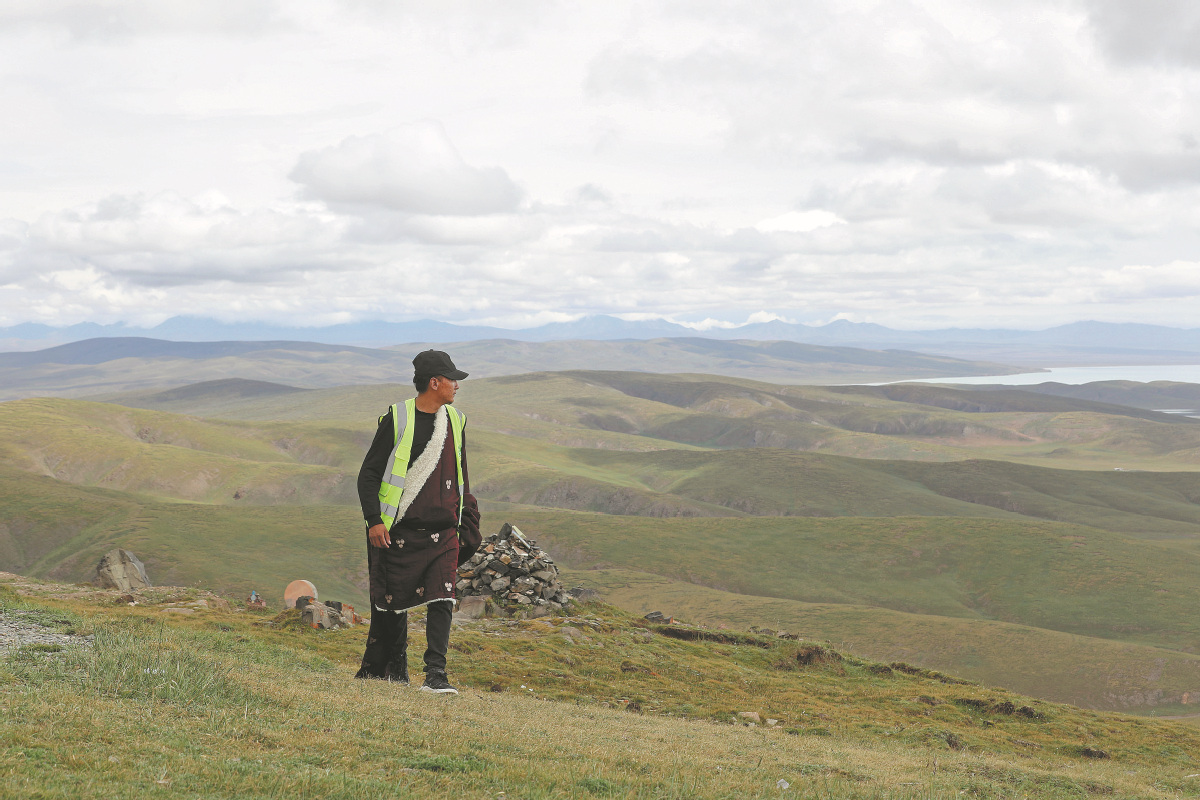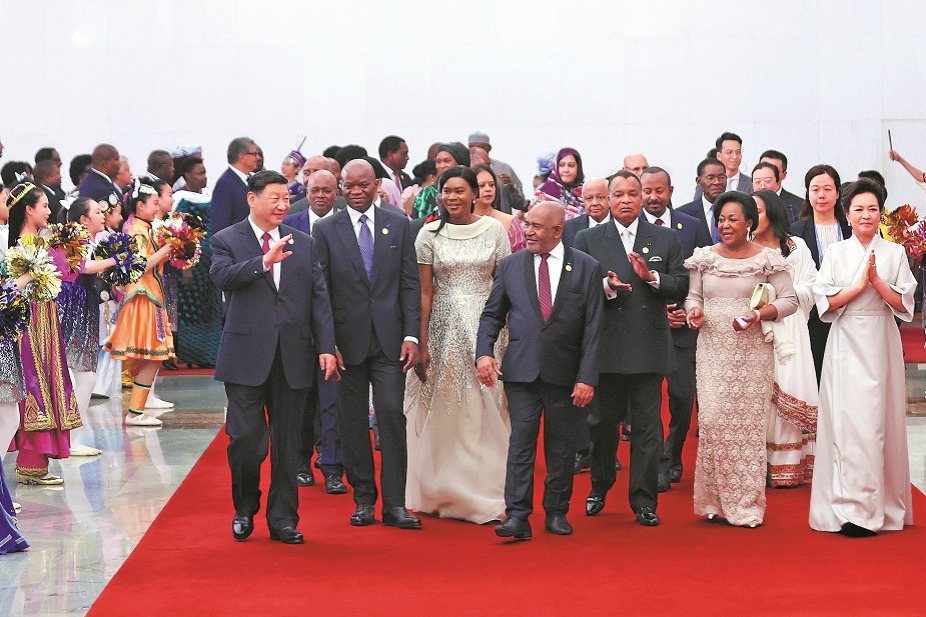Rural people's lives change for the better


Tashi, who was born in Yushu Tibetan autonomous prefecture, Qinghai province, met his future wife in Golog Tibetan autonomous prefecture, Qinghai, over a decade ago. He settled on farmland, living in a tent with his wife, who later had two children. However, he only earned 4,000 yuan ($564) to 5,000 yuan a year from selling the 20 yaks and 100 sheep he raised, and sometimes had to work on construction sites to support the family.
There was no toilet in the tent, which proved particularly difficult in cold weather, which lasts for 11 months of the year on the Qinghai-Tibet Plateau.
However, the situation changed in 2007, when herdsmen were encouraged to quit grazing their livestock to return the grassland to wild animals. The government subsidized those responding to this call.
With Tashi's family members each receiving an annual subsidy of 9,600 yuan, their cost-of-living burden has been greatly relieved. The family is also provided with a 95-square-meter urban apartment with free water and electricity.
Earning 1,800 yuan a month from his custodian job, plus medical insurance cover, the annual subsidy for stopping grazing and relocating to the county town, and his wife's income from her job as a doorkeeper at a local school and from selling handmade yogurt, the couple are happy with life.
"I can't describe how grateful I am. I don't have to worry about the wind and rain as much as I used to, and I can sit peacefully at home to appreciate the beautiful scenery," Tashi said.
Tongde enjoys beautiful furniture and listening to music, and his steady income as a custodian allows him to pursue both hobbies.























